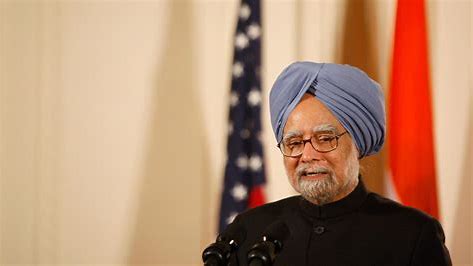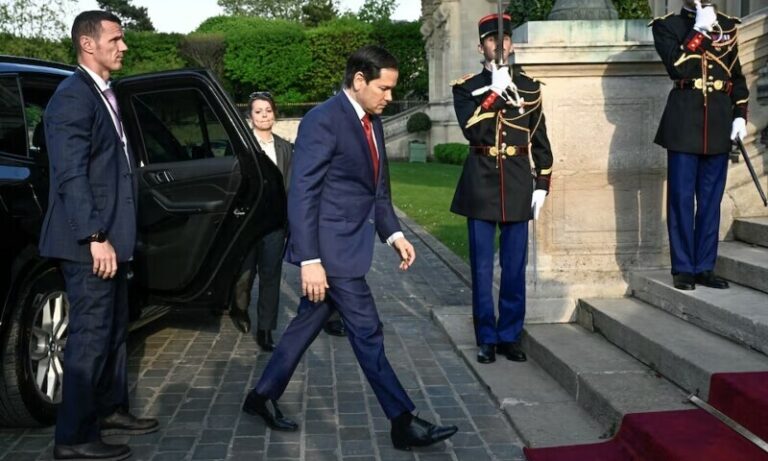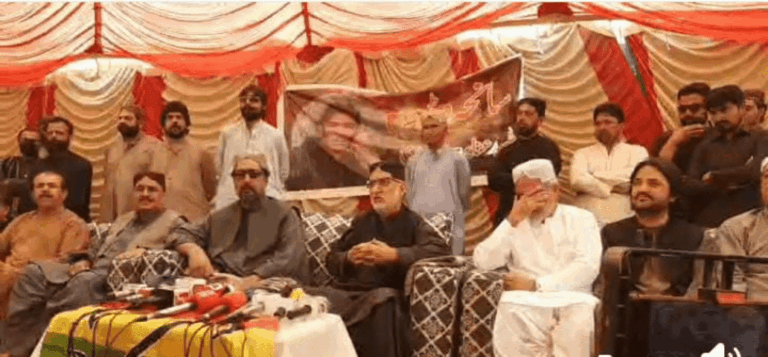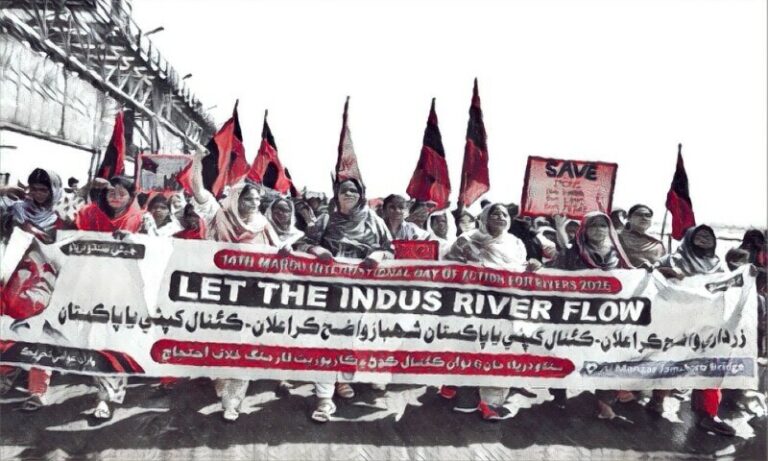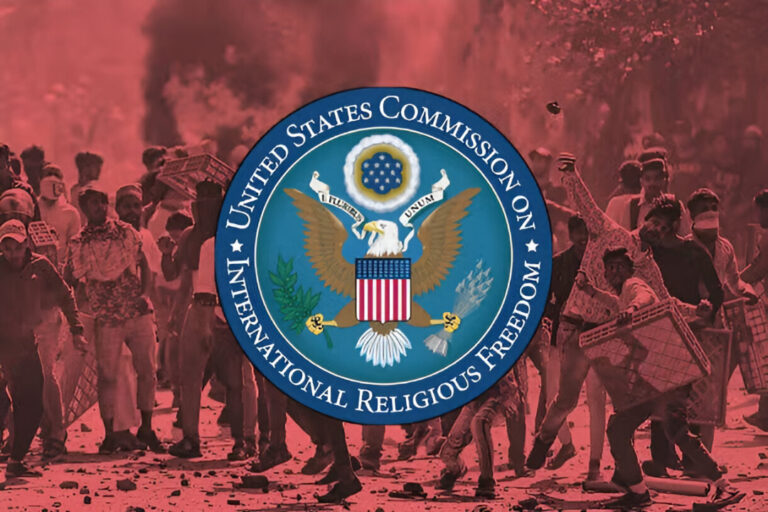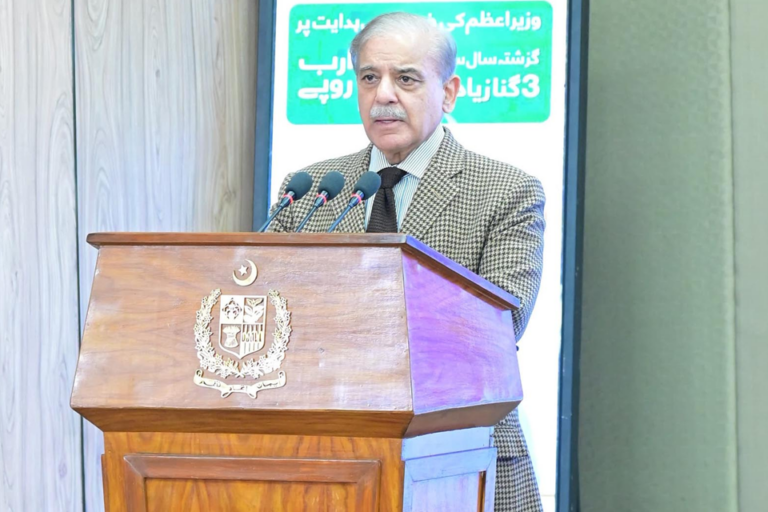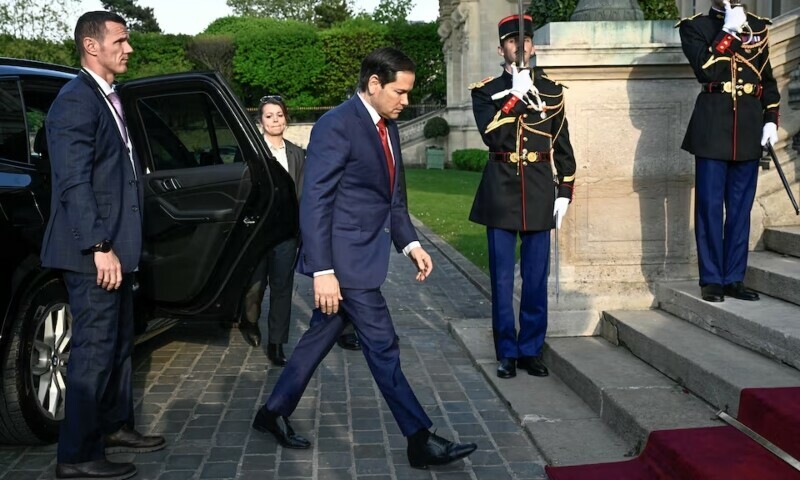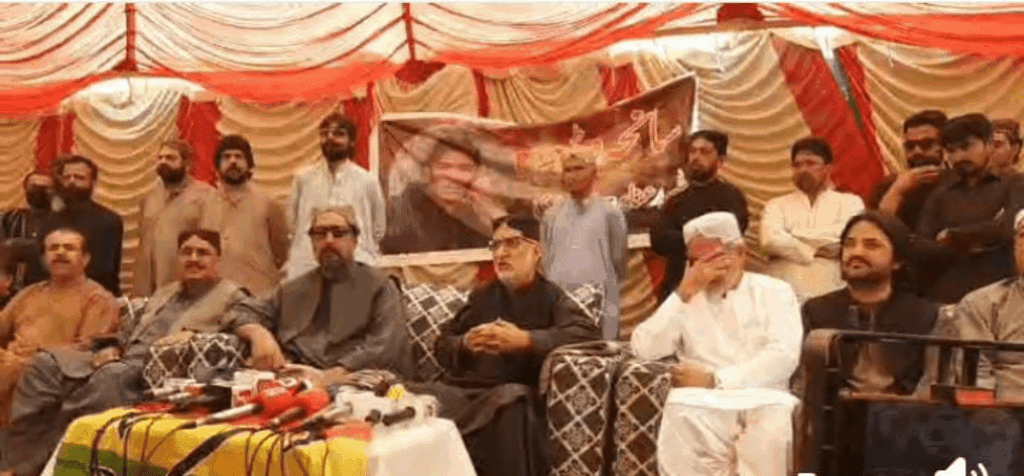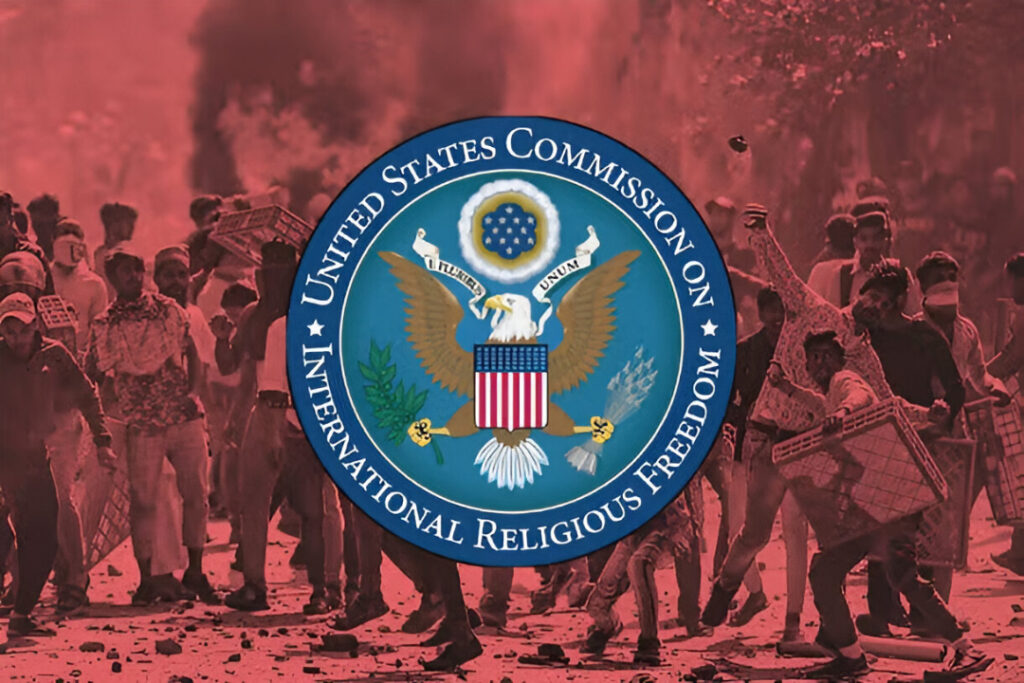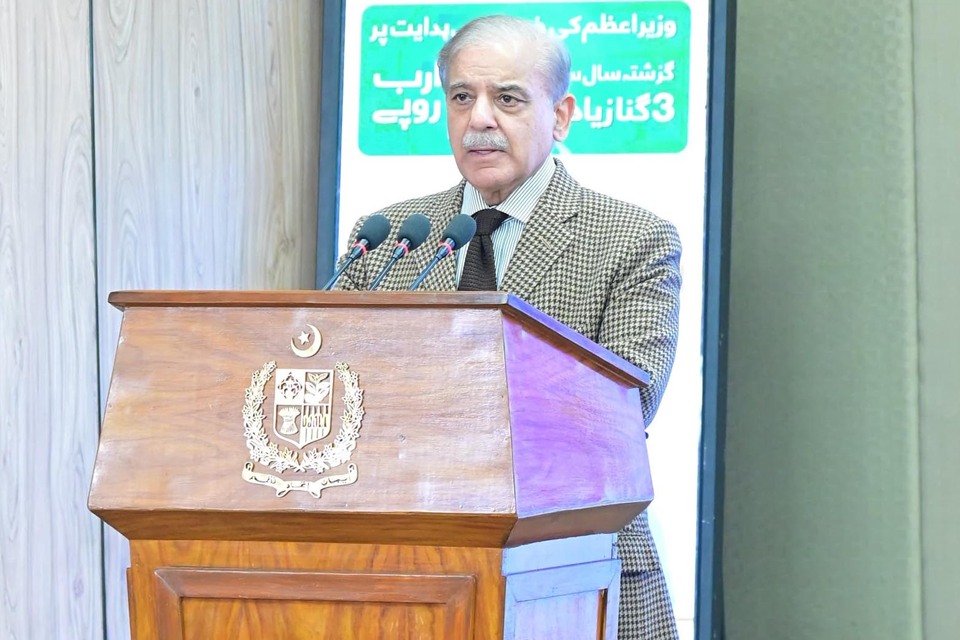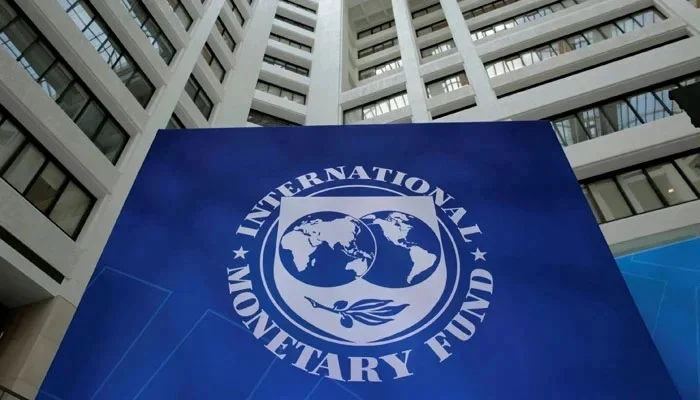Manmohan Singh (1932–2024), India’s 13th Prime Minister, will forever be remembered as a transformative leader who reshaped the nation’s economic trajectory and laid the foundation for its emergence as a global power. He has died at the age of 92 after hospitalization
Manmohan Singh’s early life and education
Born on September 26, 1932, in Gah, West Punjab (now in Pakistan), Singh’s life was marked by resilience and an unwavering commitment to public service. His early years were defined by the challenges of Partition, as his family migrated to India amidst the upheaval of 1947. After completing his education in Punjab, he pursued higher studies at the University of Cambridge and later earned a doctorate in economics from Oxford University. His exceptional intellect and specialization in international trade and finance earned him widespread recognition.
Contributions to unparallel economic transformation
Before entering politics, he held several key positions, including Chief Economic Advisor, Governor of the Reserve Bank of India, and head of the Planning Commission. However, it was his tenure as Finance Minister in the early 1990s that cemented his legacy as the architect of modern India’s economy. In 1991, as India faced a severe balance-of-payments crisis, Singh introduced sweeping economic reforms that dismantled the License Raj—a regulatory system that had stifled growth for decades. These reforms liberalized India’s economy, opened it to global markets, and fostered competition.
Indian Prime Minister from 2004 to 2014
As Prime Minister, Singh focused on inclusive development and progressive legislation. His government introduced landmark initiatives like the National Rural Employment Guarantee Act (NREGA), guaranteeing 100 days of wage employment annually to unskilled workers. The Right of Children to Free and Compulsory Education Act made education a fundamental right for children aged 6 to 14, significantly increasing literacy rates. The Right to Information Act, enacted in 2005, empowered citizens to demand transparency, fostering a culture of openness. Singh’s administration also launched the National Rural Health Mission to improve healthcare delivery in underserved areas and invested heavily in rural electrification.
Manmohan Singh’s foreign policy of diplomacy
He played a pivotal role in strengthening India’s ties with the United States, culminating in the historic Indo-US Civilian Nuclear Agreement in 2008, which ended India’s nuclear isolation and allowed access to civilian nuclear technology. Singh also advocated for normalization of relations with Pakistan, despite numerous challenges, and elevated India’s presence on global platforms like the G20 and BRICS, reflecting its growing stature.
Manmohan Singh’s tenure full of challenges
However, in his second term, Manmohan Singh faced corruption scandals, including the 2G spectrum and coal block allocation controversies. While Singh maintained an impeccable personal reputation, critics accused his administration of failing to address systemic corruption. His perceived reluctance to assert himself politically during these crises earned him the label of a “silent Prime Minister,” though many argue that his quiet demeanor should not overshadow his substantial contributions to India’s progress.
Throughout his career, Singh embodied humility, integrity, and intellectual rigor. Despite holding the highest office in the land, he remained soft-spoken and approachable, earning the respect of colleagues and citizens alike.
Impacts of Manmohan Singh’s legacy
His policies lifted millions out of poverty, empowered rural communities, and positioned India as a major global player. While his tenure faced its share of setbacks, Singh’s vision and leadership left an indelible mark on the nation. His passing marks the end of an era in Indian politics, but his reforms and achievements will continue to shape India’s economic and social landscape for generations.
Manmohan Singh was not just a reformer and visionary; he was a statesman who navigated India through periods of significant transformation with grace and determination. His journey from a modest background to the pinnacle of Indian politics serves as a testament to the power of intellect, perseverance, and humility in the service of the nation. His life and contributions will remain a source of inspiration for years to come.

